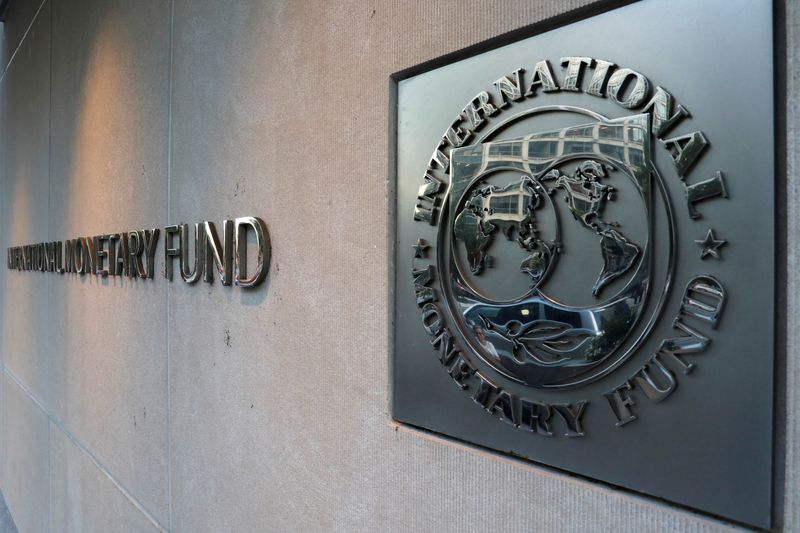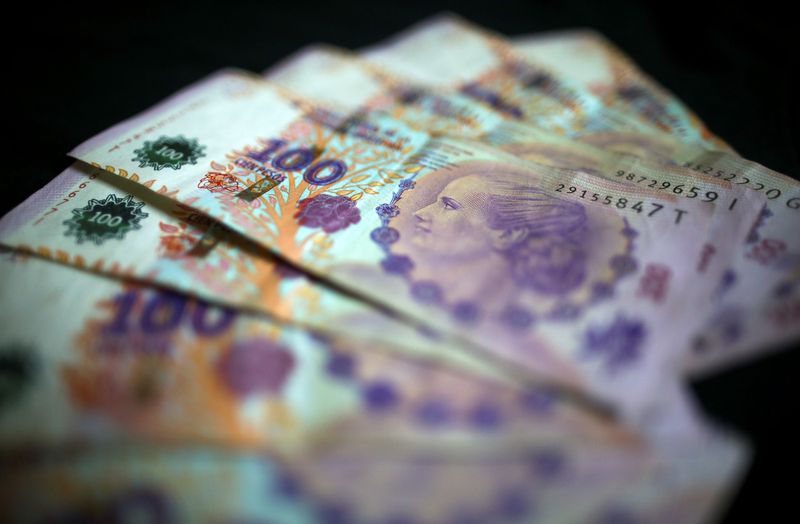China’s central bank to boost financial support for consumption
PositiveFinancial Markets

China's central bank has announced plans to enhance financial support for consumption, a move aimed at stimulating economic growth. This initiative is crucial as it seeks to boost consumer spending, which has been sluggish in recent months. By providing more financial resources, the central bank hopes to invigorate the economy and improve the overall financial landscape for citizens. This is significant not only for China's economy but also for global markets, as increased consumption can lead to a ripple effect in international trade.
— Curated by the World Pulse Now AI Editorial System

















